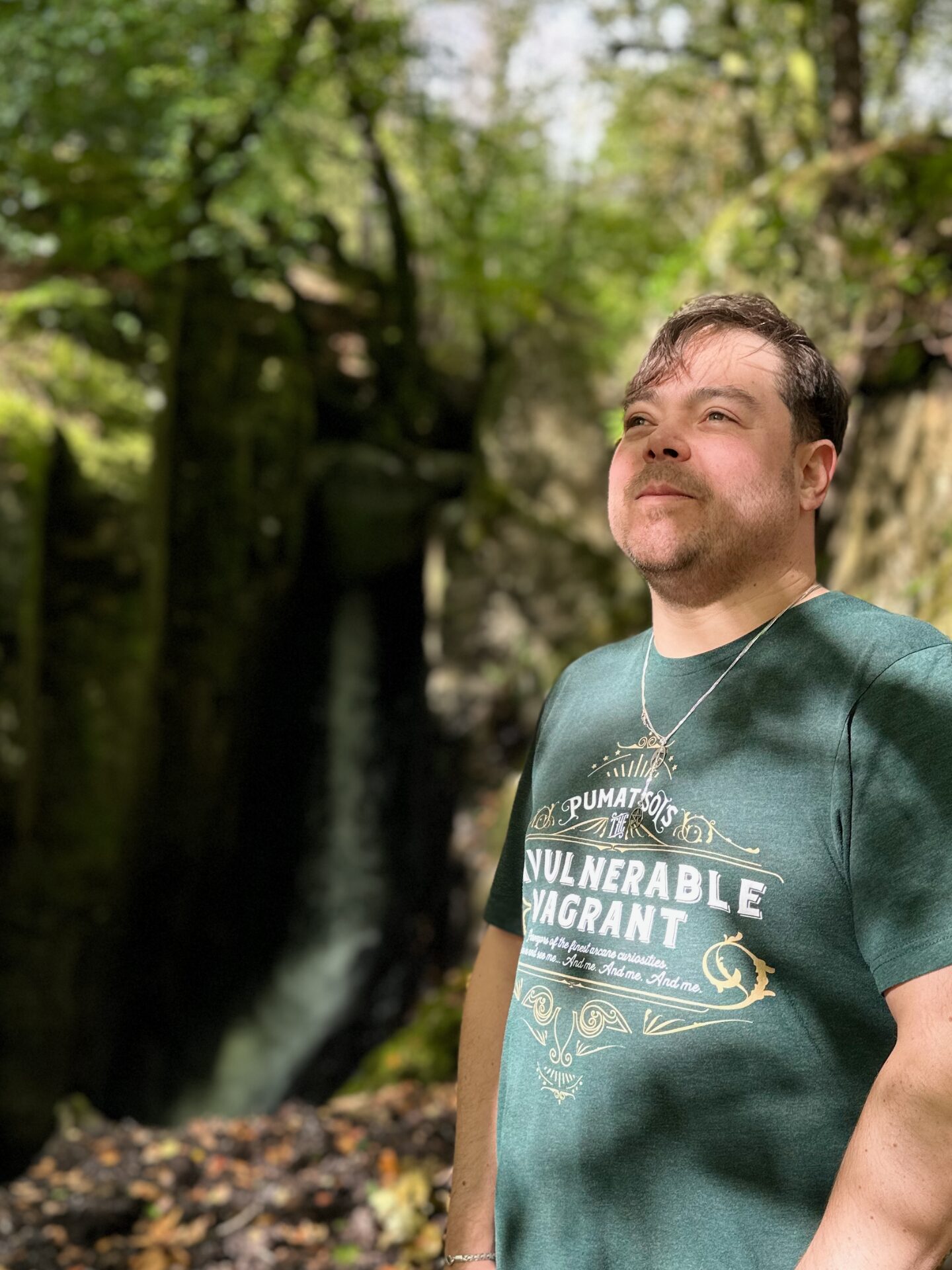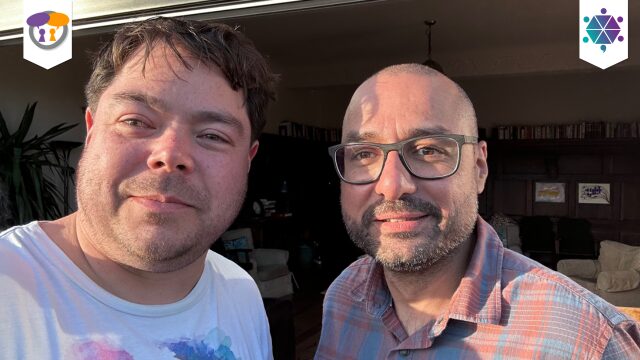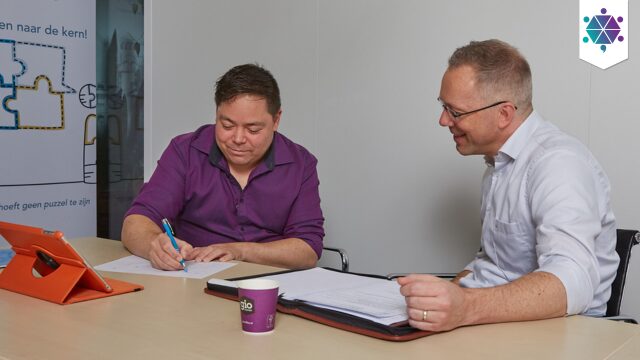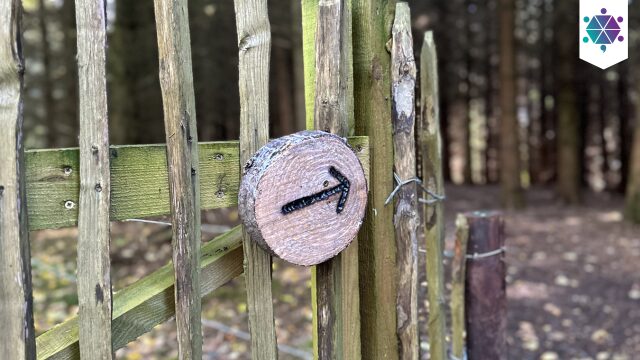
Know your own system
Being able to recognise your thoughts, beliefs, patterns, metaphors, experiences, et cetera enough to know they are yours.

Distinguish evidence from inference
Being able to observe and distinguish between what is happening and what you (or others) are inferring. Using the knowledge of your own system and that of others you should be able to know where they come from; are they factual observations? Or are they coming from your own or someone else’s system.
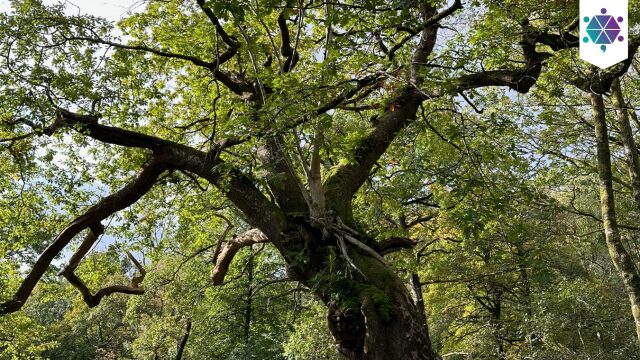
Be naturally curious
We can use our curiosity to find out things and to check our inferences before they become an assumption. This is a skill and can be trained by asking questions and discovering that things are quite often not as we initially thought.
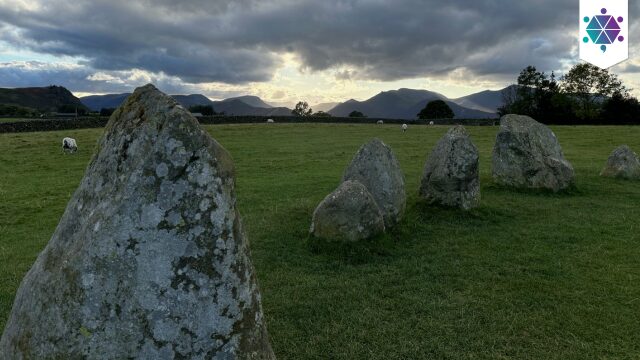
Actively manage your state
State management is a skill and by applying the skills listed above we can discover new ways of getting ourselves in a good state. Keeping us there and returning ourselves in a good state when we get knocked out of it.

